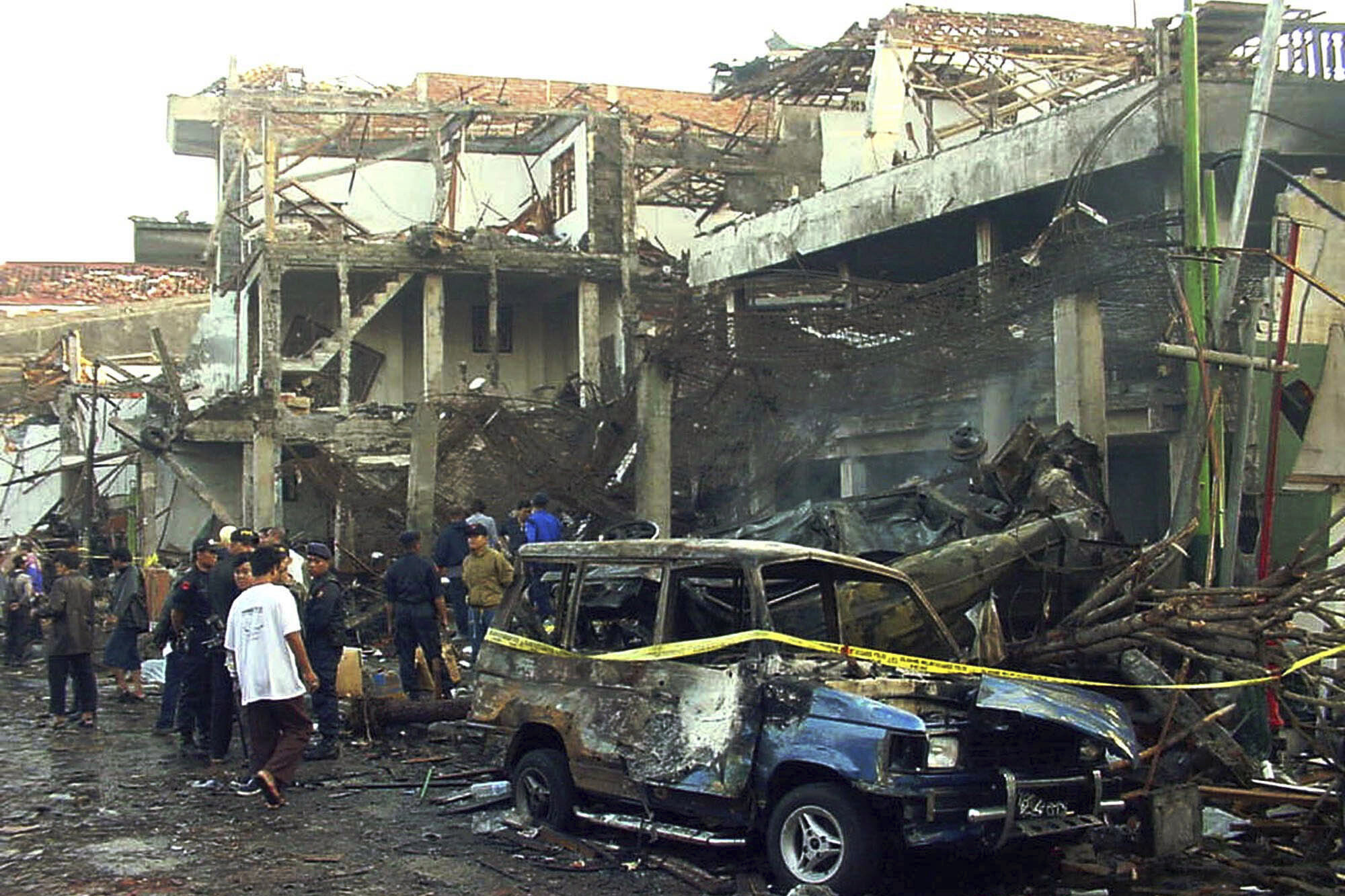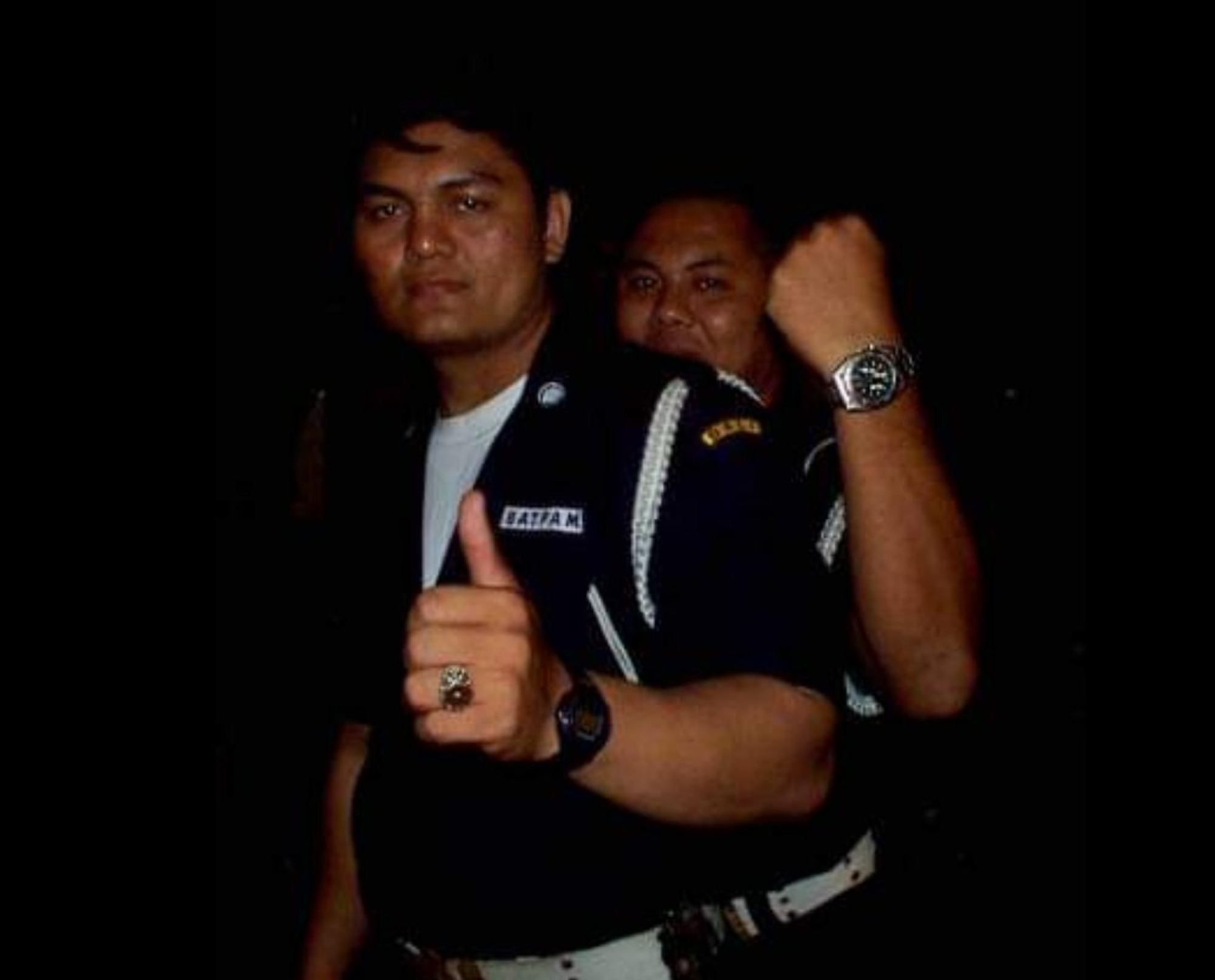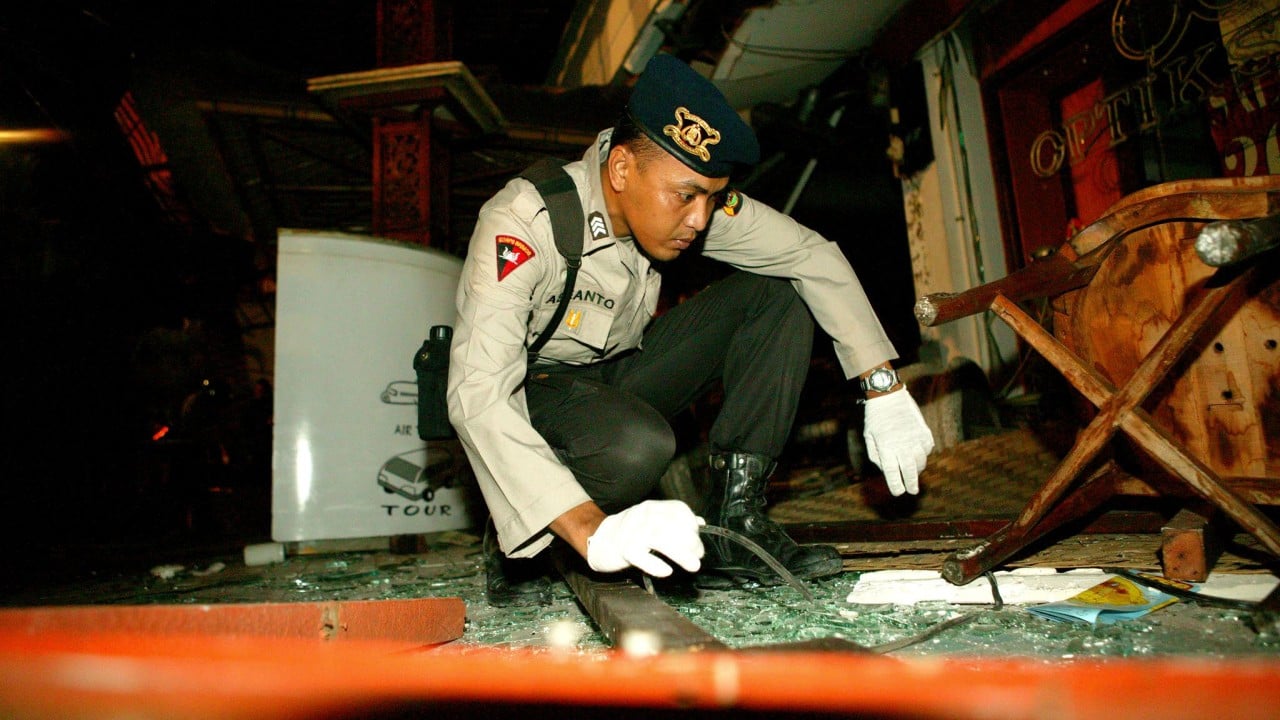‘Tired’ Indonesian Bali bomber seeks pardon to continue deradicalisation work, but ‘chances are low’
[ad_1]
“I don’t want to be released purely for personal reasons,” Imron, 54, told This Week in Asia. “I want to be free so that I can work on deradicalisation programmes across Indonesia. From a personal point of view, I am better off inside where there is no risk to my life.”

Since his arrest, Imron has worked with Indonesia’s counterterrorism unit as a peace ambassador, which has seen him speak at schools and other events outside prison to warn others of the dangers of radical ideology. He has also regularly given interviews from prison to further help deradicalise would-be terrorists, who he said still presented a threat in Indonesia.
“I have to tell people the facts,” he said. “Jemaah Islamiah still exists as an organisation and there is still a potential threat to the public. There is only so much I can do from prison to warn people not to plan any more attacks.”
According to open source data, between 2021 and 2023, some 610 people were arrested for suspected terrorism-related offences in Indonesia, 42 per cent of whom were members of Jemaah Islamiah and 39 per cent of whom were affiliated with Jamaah Ansharut Daulah and other Isis-inspired groups.
However, despite Imron’s track record of speaking out against radical ideology, Judith Jacob, the director of geopolitical risk and security intelligence at risk management company Forward Global, told This Week in Asia that she thought that a presidential pardon would not be straightforward.
“I think the difficulty for him in securing a pardon will be the Indonesian government’s concerns about the reaction from the Australian authorities and the families of those killed,” she said.
“It is understandably still a source of a lot of pain.”

Sydney-based Jan Laczynski lost five of his friends – Indonesian nationals Wayan Tamba, Rudy Armansyah, Ketut Sumarawat, Made Mertana and Kadek Sukerna, who all worked at the Sari Club in Kuta – in the Bali bombing.
The club was the epicentre of the bomb plot, which included a bomb outside the Sari Club, a suicide bomb at the neighbouring Paddy’s Pub and a bomb detonated outside the US consulate in nearby Renon.
As part of Indonesia’s deradicalisation initiatives, Laczynski met Imron in prison, but said he had been angered when Imron told him that he could still make bombs from prison if he wanted to.
“I was genuinely afraid of Imron, even with all the security around us. On the day of his sentencing, everyone was expecting a 20-year sentence, and he got a life sentence. I remember saying that 202 people, including 88 Australians, got life sentences too,” Laczynski said.
“I hope that, as the Indonesian president considers Imron’s pardon request, he grants him exactly the same mercy Imron chose to show on October 12, 2002 to 202 people, including my five mates.”
Outrage in Australia as Bali bomb maker released but Indonesia justifies move
Outrage in Australia as Bali bomb maker released but Indonesia justifies move
Experts told This Week in Asia that public sentiment, particularly in Australia, meant that any potential release was likely to be highly controversial and would require assurances about Imron’s commitment to deradicalisation.
“From the perspective of Australian citizens and the government, they still have collective trauma related to the Bali bombing tragedy, and they will be very critical of the release of Imron,” said Ahmad Rizky M Umar, an associate lecturer at the University of Queensland.
“The Indonesian government needs to provide an explanation regarding deradicalisation programmes, in which Imron has been quite active, and how the plan for his release has gone through a process including moderation of religious understanding.”
Jacob noted the political landscape in Indonesia did not seem conducive to Imron’s hopes for a pardon, despite his assurances that he was a changed man.
“I would also think that his chances are low as it is an election year and what candidate would want to stick their neck out for him on the campaign trail or as a new president?” she said.
“The outgoing president is also looking to secure his legacy and reputation, so stirring up controversy with a pardon seems unlikely to me.”
For his part, Imron told This Week in Asia that he would not carry out any terrorist activities if he was released.
“A significant part of deradicalisation is clarifying my role in the bombing and explaining that we were misguided in attacking foreigners in Bali. There are still members of Jemaah Islamiah who do not understand that and think we were unfairly treated and are looking for enemies and people to blame for our incarceration,” he said.
“I am so sorry for what I did and I do not say that for personal gain. I will do my best for the rest of my life to deradicalise people.”
[ad_2]
Source link





